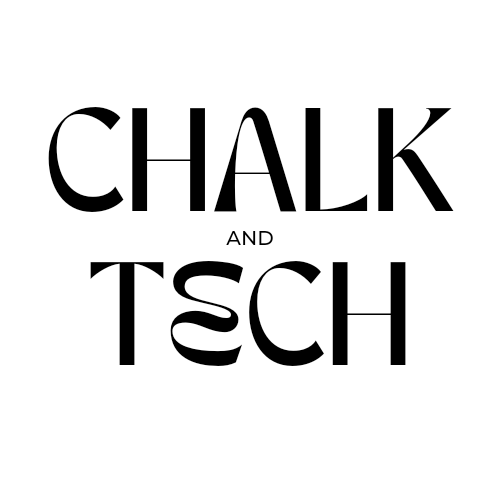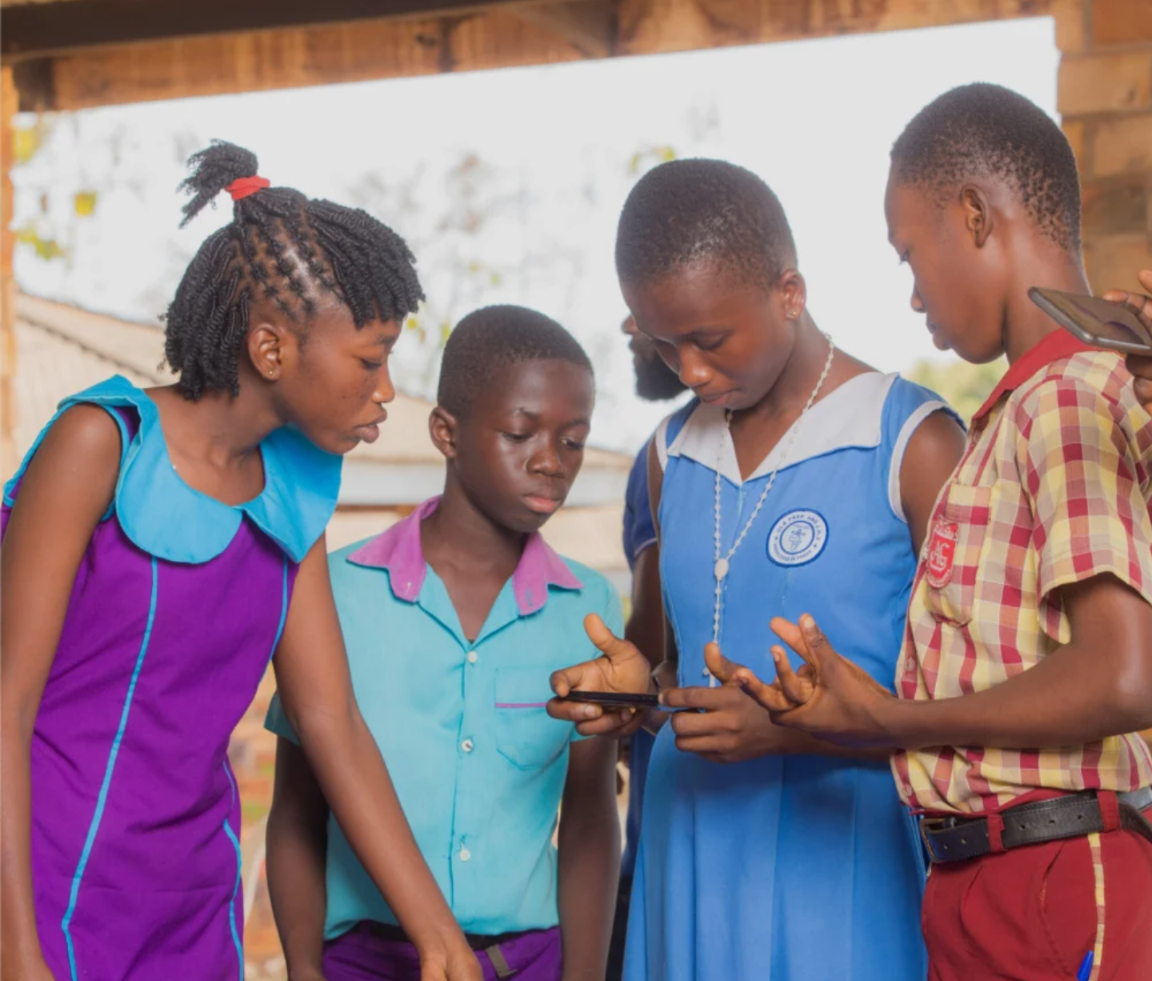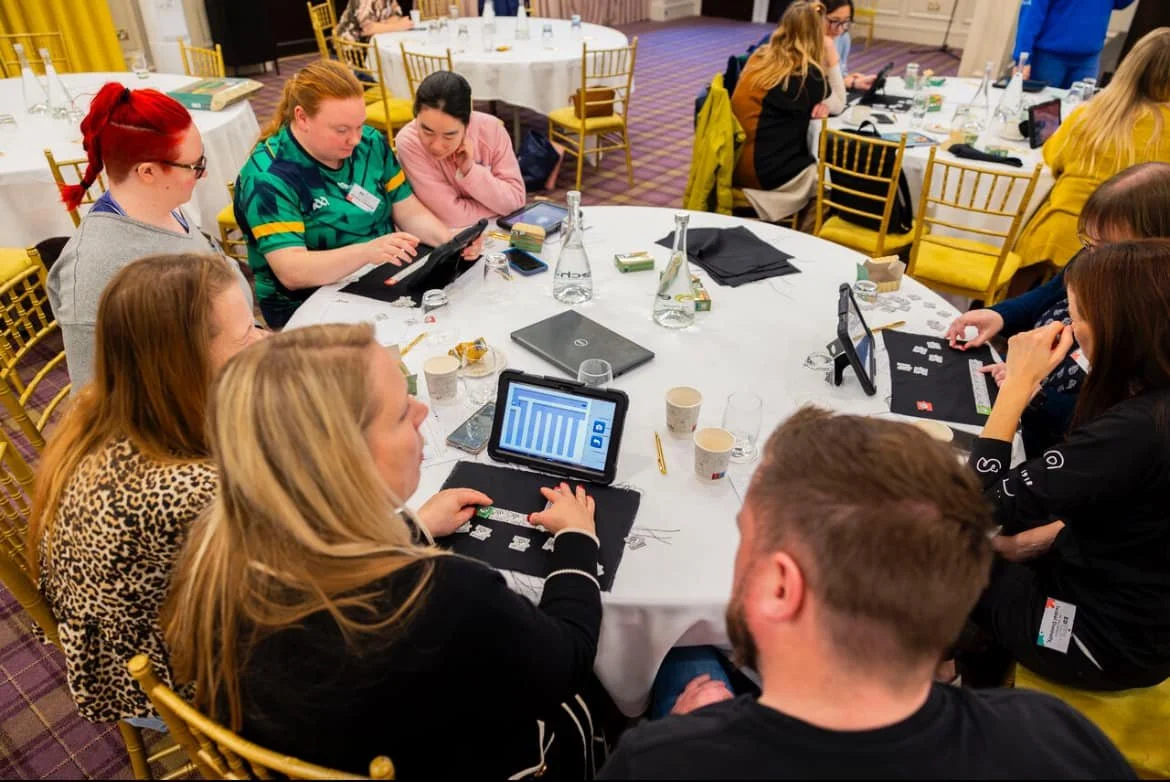Coding without the internet: Teaching tech with nothing but creativity
Read time: 4 mins
Learners participating in Tangible Africa’s Unplugged Coding. Photo Credit: Tangible Africa.
Can you teach coding without an internet connection?
In most classrooms, the answer would be no. But in many South African rural schools, educators are proving that coding isn’t about access to the latest technology — it’s about using what you’ve got. With just paper, a low-cost device, and a little creativity, students are learning to think like programmers, even if they’ve never seen a computer before.
The Challenge
South Africa’s digital divide is stark. Of the country’s 25,000 schools, 16,000 (64%) lack computer labs. Data costs are prohibitive, devouring 20% of a public school teacher’s annual salary. Yet local ingenuity is rewriting the script for tech education in under-resourced schools.
Tangible Africa, initiated by Professor Jean Greyling, Head of Department of Computing Sciences at Nelson Mandela University (NMU) and and his postgraduate student, Byron Batteson, take a refreshing low-tech approach to teaching high-tech skills. It’s localised solution - unplugged coding, empowers educators and students to master critical skills without relying on expensive infrastrcuture.
Professor Jean Greyling (extreme left) and the Tangible Africa team. Photo Credit: Tangible Africa.
The Solution
At Mgwezani Primary School in Kwaggafontein, Mpumalanga, Grade 5 students are busy with something that looks like magic. Their hands glide over two-and-a-half-centimetre paper grid blocks (tokens), carefully arranged in a precise, domino-like sequence. These deliberate patterns mirror the logic of programming code, transforming physical tokens into a tangible learning tool.
This activity is part of an Unplugged Coding Competition hosted by Tangible Africa.
Students in Mgwezani Primary School, Kwaggafontein, Mpumalangaa participating in Tangible Africa’s Unplugged Coding Competition.
The tokens act as a physical version of block-based coding, similar to Scratch’s drag-and-drop interface. Each token represents a code block, such as “move forward,” “turn left,” or loops, which can also include nested constructs and conditional statements like “if” statements. Students arrange the tokens, capture the grid with a QR code, and execute the code on a phone or tablet.
At just R87.50 ($4.85) per student for an average class of 40, these educator kits are breaking down barriers to coding education.
Affordable, accessible, and inclusive, these kits are a lifeline for schools with tight budgets. They are designed to be shared and rotated across grades, reducing the cost per learner in schools where the student population averages 1,000–1,500. It’s a low-cost, high-impact tool redefining what’s possible in classrooms.
Through partnerships with the Department of Basic Education (DBE) and community organisations, 40,000 teachers have been trained and over 150,000 students reached. With the support of 90 regional facilitators, unplugged coding is transforming classrooms across South Africa.
Beyond South Africa
Tangible Africa’s impact isn’t limited to South Africa. The initiative has crossed socio-cultural and geographical boundaries, reaching schools and communities in Indonesia, Ireland, Ghana, Kenya, Tanzania, Zimbabwe, and even Europe and North America.
This December, Tangible Africa is on the move—again. Out of countless ventures across the continent, they’ve been handpicked as one of 20 African startups to participate in the prestigious African Tech Startup Forum in South Korea. Backed by the Africa Development Bank’s (AfDB) Innovation and Entrepreneurship Lab, this program isn’t just about showcasing tech—it’s about unlocking global opportunities.
And who better to represent the power of African ingenuity than Tangible Africa? They’re not just putting African-led solutions on the map; they’re paving the way for how locally inspired ideas shape global development.
Educators in Ireland participating in Tangible Africa’s Unplugged Coding as part of an Amazon Web Services (AWS) educator event. Photo Credit: Tangible Africa.
Learning to Create, Not Just Consume
What makes Tangible’s educator kits such a game-changer is that they don’t just teach students how to use technology—they teach them to create with it.
For instance, the Rangers Kit tackles rhino poaching, a critical issue in South Africa. In the first half of 2024, 229 rhinos were poached, with KwaZulu-Natal accounting for 63% of losses. In this offline coding game, students assume the roles of game rangers and poachers, learning about local conservation efforts. Students aren’t just passive recipients of information—they are becoming creators, coding their own solutions.
The new Progressive Web App, expands the learning experience with new games in development, including themes like football, the Grand Prix, and agriculture. Each project encourages teamwork, creativity, and critical thinking. This approach moves far beyond rote learning, where students memorise and forget facts—it engages them as active problem-solvers.
The Road Ahead
While the program’s early successes are promising, challenges to scale remain, and the Tangible Africa team remains committed to addressing these.
In 2025, Tangible Africa is collaborating with the DBE to prepare teachers to implement the national CAPS curriculum. Students in Grades R–3 will focus exclusively on unplugged coding, transitioning to online coding from Grades 4–12. Greyling’s team is offering free teacher training for Grades R–7, along with lesson plans and educator resources. Teachers completing the online training program will earn South African Council for Educators (SACE) accredited certificates.
Tangible Africa is charting a bold course globally. Across Africa, a groundswell of enthusiasm from educators and community leaders is fuelling the initiative’s momentum.
When I asked about his key takeaway for educators, policymakers, and international development funders, Greyling’s response was clear
“Tangible coding isn’t a step down—it’s actually one of the best ways to teach primary school students. Even teachers in well-resourced schools are beginning with unplugged coding before moving to computer labs. It’s not about the devices; the method is what matters.”
For Africa, this approach creates a scalable and impactful solution, reaching more learners than technology alone ever could.





